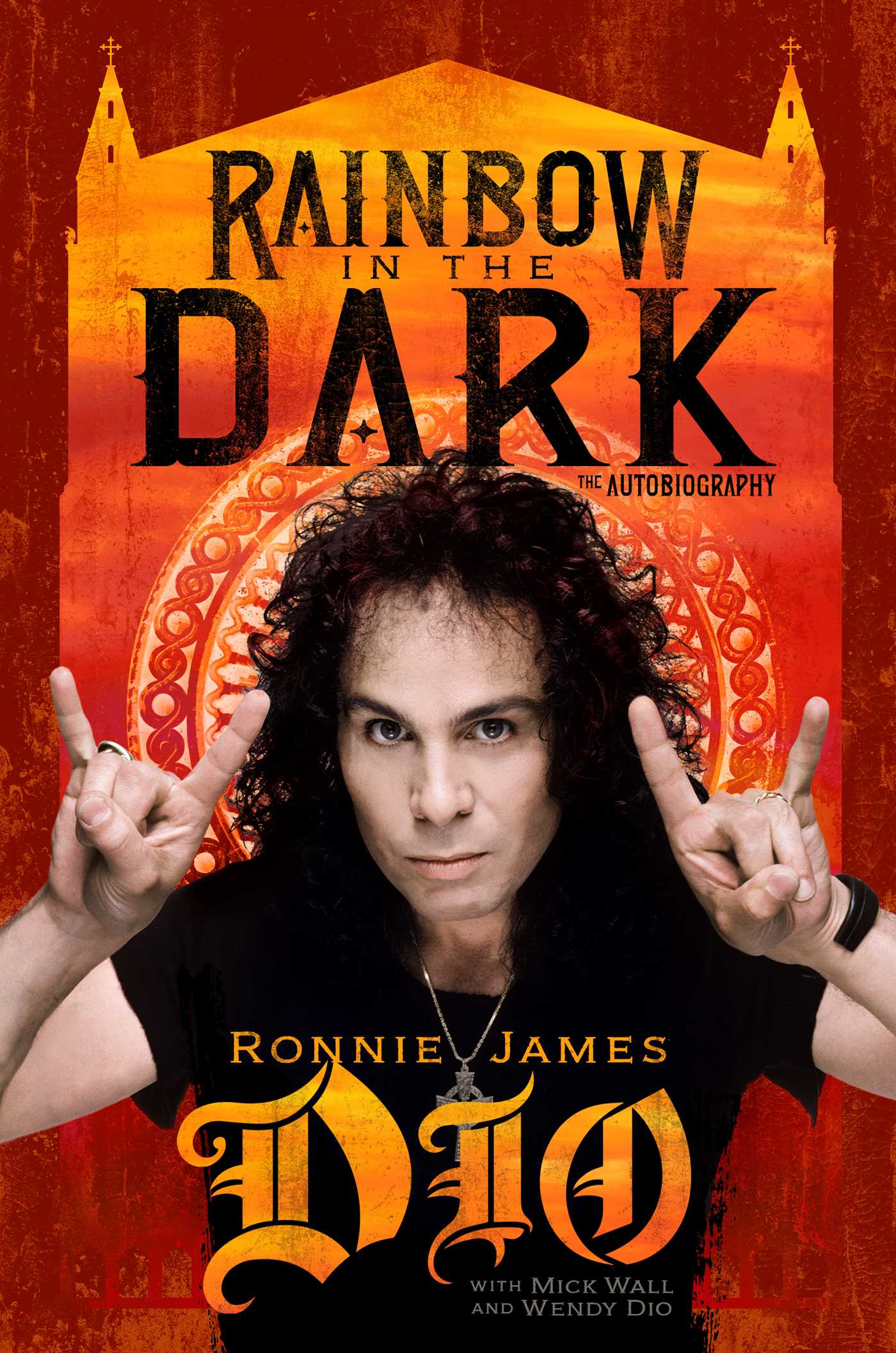What do you think?
Rate this book


264 pages, Hardcover
First published July 27, 2021

More reviews (and no fluff) on the blog http://surrealtalvi.wordpress.com/
The thing about biographies is that they are mostly preaching to the choir; meaning, they are often there to respond to previous negative rumors/press and targeted to people who already like/love/respect the subject. I felt that keenly with this book: written by Dio himself and by those who loved him, it is very one-sided and any bads are glossed over or downplayed. What you get is a deification (ironic, considering his moniker) of Dio. But because it is first hand, you also get a lot of information about his youth and behind the scenes that you wouldn't get otherwise. This is very obviously a sweet love letter to the artist and very optimistic throughout.